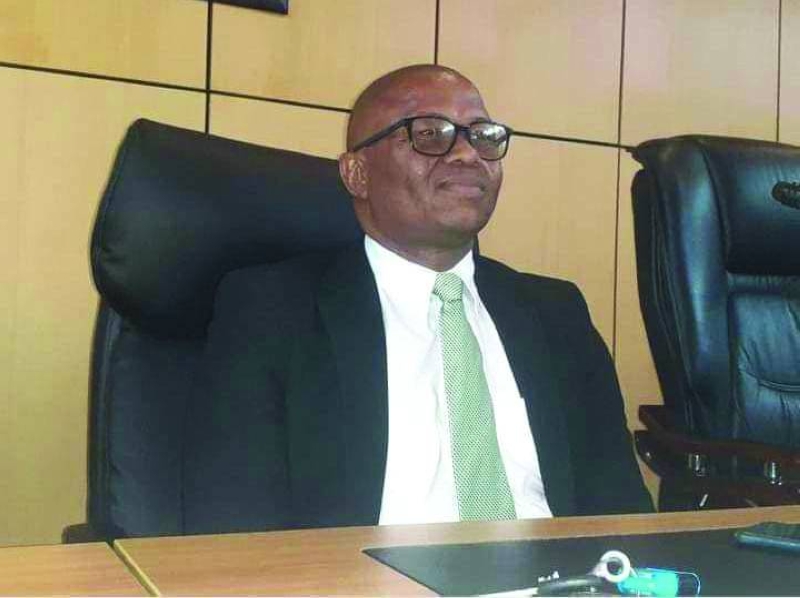Councillors' political motives distressing Bo-mmaboi
Lebogang Mosikare | Tuesday October 10, 2023 06:00


He made these comments during the Fourth National Mental Health Psycho-Social Support Forum held from Monday to Thursday under the theme, 'Mental Health in Context'.
Participating in a panel discussion titled 'Mental Health in Context: Service Provider’s Perspective', Kelebetseng acknowledged that some councillors are causing distress to social workers, known as Bo-mmaboi, by pressuring them to include ineligible individuals in the DPP for political motives.
“Some of us (councillors) are traumatising social workers by demanding that they should include undeserving people as beneficiaries in the DPP for political expediency. We pressurise the social workers to include some people in our wards under the DPP even though assessments that we carried out show that those people are not eligible to be included in the programme,” he stated.
“When social workers decline our overtures, we accuse them of sympathising with people in our wards who are from a certain political party at the expense of people from other political parties.” Kelebetseng, also the councillor for Boseja South ward in Maun, highlighted that some of his colleagues are grappling with mental health challenges due to perpetual debts, often stemming from a lack of financial literacy.
Investopedia describes financial literacy as the ability to understand and effectively use various financial skills, including personal financial management, budgeting and investing. Kelebetseng noted that financial literacy is crucial, emphasising the need for councillors to understand and effectively use various financial skills. Responding to Kelebetseng's remarks, Moitshepi Dibotlhale, a senior social worker at the North East District Council (NEDC), advised councillors to familiarise themselves with the DPP guidelines to avoid falling into the trap of political expediency.
“To avoid being caught in that trap, my advice to all of you is that we should thoroughly peruse the DPP guidelines and stop being unnecessarily compassionate to some undeserving members of your communities for them to enjoy the benefits of the DPP,” Dibotlhale clarified.
Kelebetseng's statements are anticipated to spark debates on whether political parties should incorporate financial literacy training within their ranks, especially for those aspiring for public office. Secretary-general of the BCP, Goretetse Kekgonegile affirmed their party tradition of providing financial literacy skills. “Our tradition of providing candidates for council and parliamentary seats with financial literacy skills is in existence.
We believe in it and will carry it out once our primary elections are over,” Kekgonegile said. “We believe in imparting financial literacy skills to our candidates because we want them to be principled, visionary, exemplary, and focused after they win elections.
In this way, they will become responsible people both in their families and communities at large.” For his part, secretary-general of the Botswana Democratic Party, Kavis Kario said at the moment, his party does not have any policy geared towards imparting financial literacy skills to its aspiring council and parliamentary candidates. “We are of the view that our activists who want to stand for public office are responsible adults. However, we encourage them to take financial literacy skills wherever they can from experts,” Kario said.
